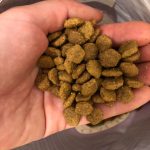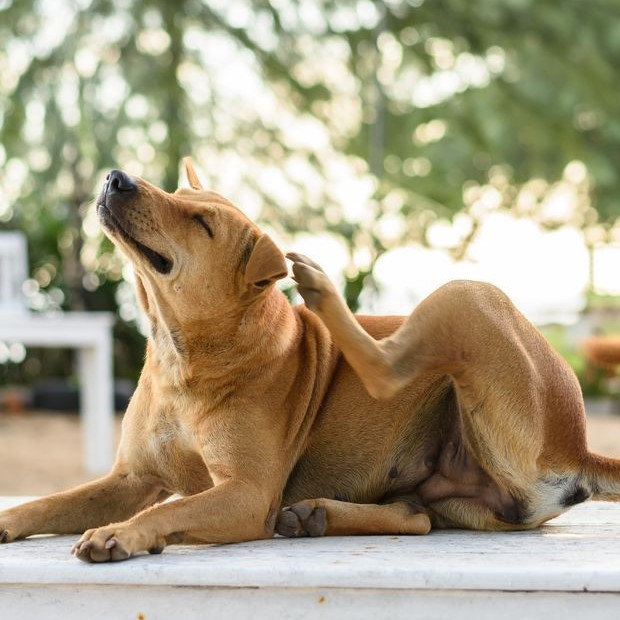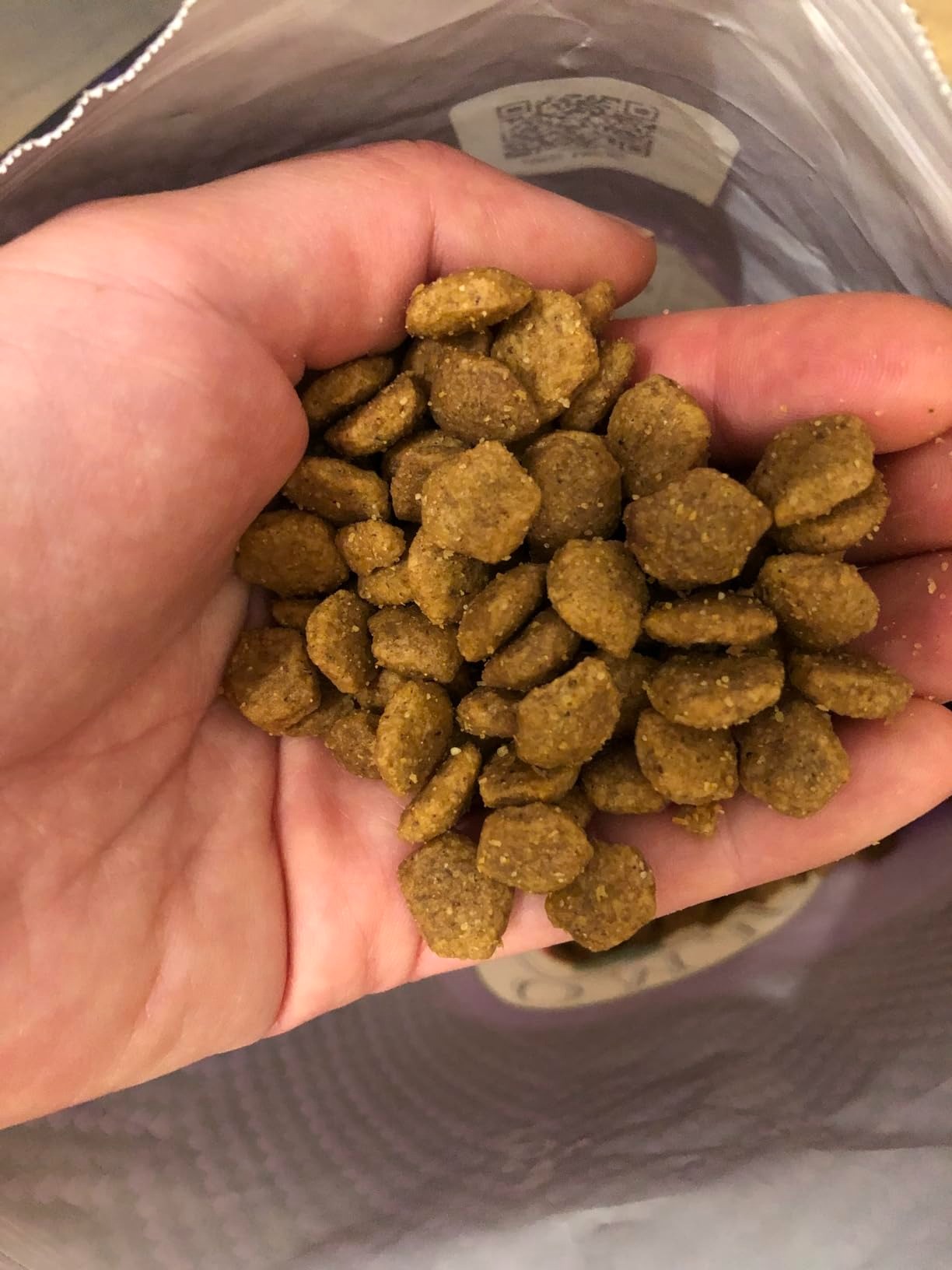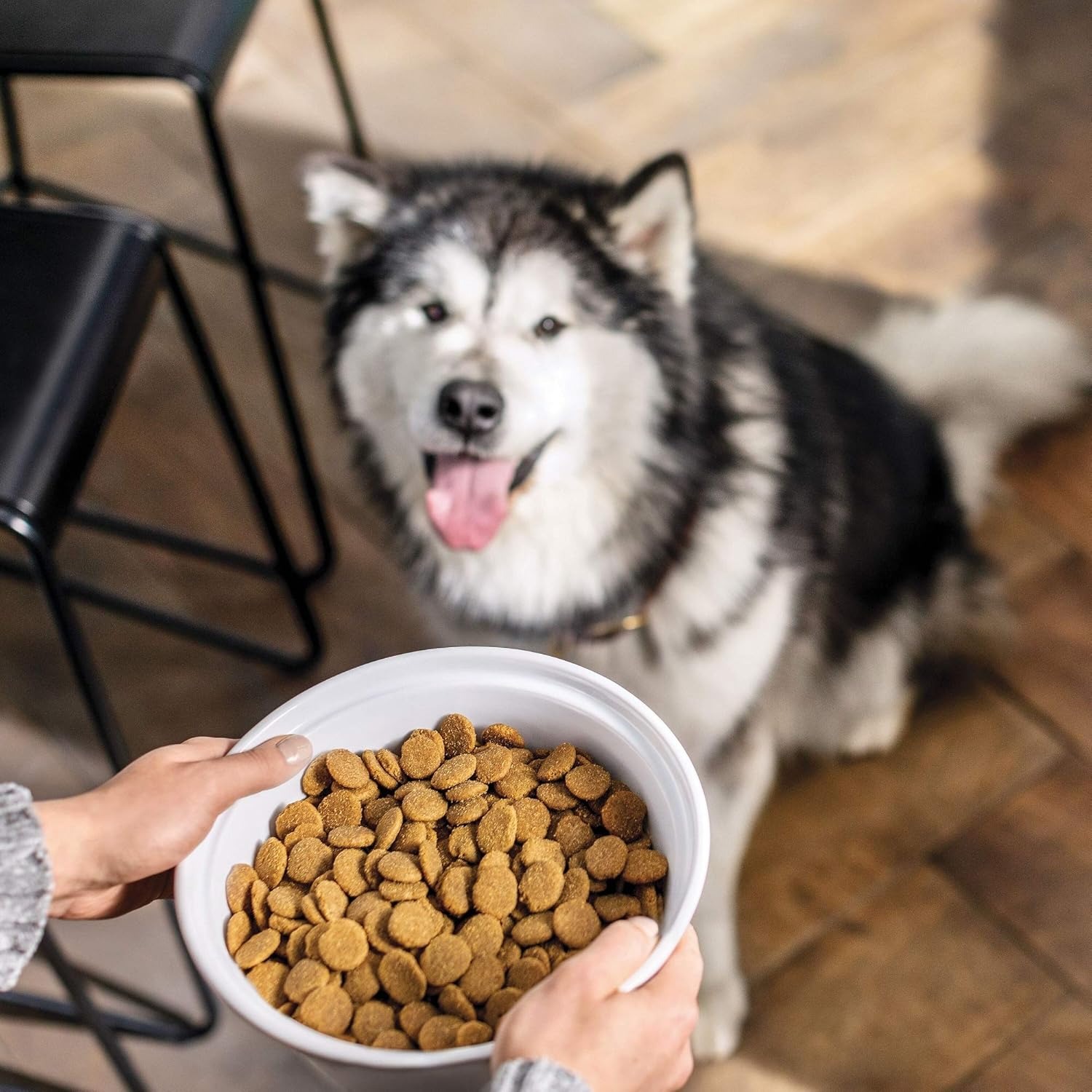Introduction: Understanding Dog Itchy Skin Relief
Dog owners often face the challenge of dealing with their pets’ itchy skin. Itching can be distressing for both the dog and the owner, leading to discomfort, excessive scratching, and even secondary infections. Knowing how to provide effective dog itchy skin relief is crucial for ensuring your furry companion remains happy and comfortable. Fortunately, there are numerous natural remedies that can alleviate itching and promote healing in dogs. This article will guide you through various treatments, highlight what can be applied to relieve your dog’s itching, and explain whether bathing your dog during an itching episode is advisable. We will also cover preventive measures to keep your dog’s skin healthy.
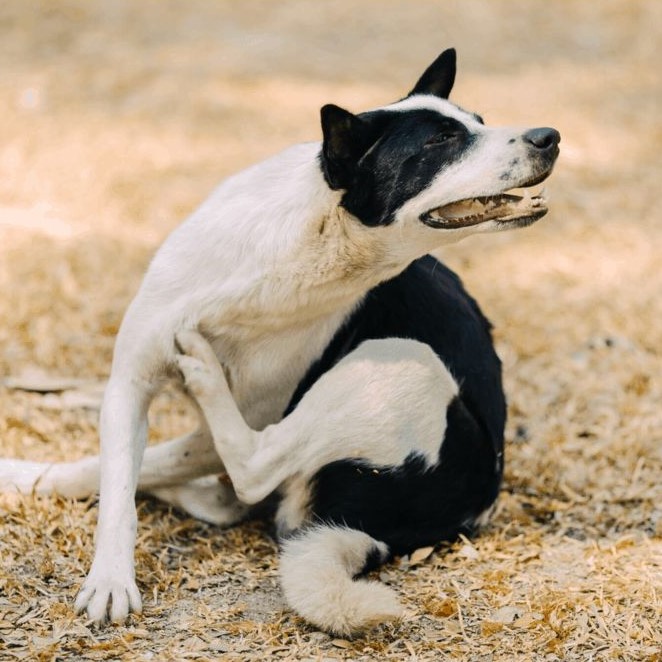
What Causes Itchy Skin in Dogs?
Before diving into remedies, it is essential to understand why your dog may be experiencing itchy skin. Recognizing the underlying causes allows you to choose the most effective treatments. Here are some common culprits:
- Allergies: Dogs can suffer from environmental allergies caused by pollen, dust mites, mold, or certain food ingredients. Allergies often manifest as itching, redness, or inflammation on the skin.
- Parasites: External parasites like fleas, ticks, and mites can lead to severe itching. Fleas are particularly notorious, causing intense irritation and discomfort.
- Skin Infections: Bacterial or yeast infections can develop on the skin, particularly if your dog is scratching or licking excessively. These infections exacerbate discomfort and itching.
- Dry Skin: Environmental factors such as low humidity or poor nutrition can contribute to dry skin. Dry skin leads to flakiness and irritation, prompting your dog to scratch more frequently.
- Underlying Health Issues: Conditions such as hormonal imbalances or autoimmune diseases can also lead to skin issues and increased itching. If the symptoms persist, it is advisable to consult with a veterinarian.
Understanding the cause of your dog’s itchy skin is the first step in finding appropriate relief remedies.
Natural Remedies for Dog Itchy Skin Relief
Several effective natural remedies can help soothe your dog’s itchy skin. Here are some treatments to consider:
1. Aloe Vera Gel
Aloe vera is well-known for its soothing properties. It can help reduce inflammation and provide hydration to irritated skin. Apply pure aloe vera gel directly to affected areas to relieve itching. Ensure your dog does not lick the gel, as it can upset their stomach. Aloe vera is also safe for topical use and helps promote healing.
2. Oatmeal Baths
An oatmeal bath can be incredibly soothing for dogs with itchy skin. Ground oatmeal, such as colloidal oatmeal, can help moisturize and relieve itching. To prepare an oatmeal bath, grind plain oats in a blender until they create a fine powder. Add it to warm bathwater and soak your dog for 15-20 minutes. This treatment not only helps alleviate itching but also leaves the skin feeling moisturized and calm.
3. Coconut Oil
Coconut oil offers a multitude of benefits for dog skin care. It has natural antibacterial and antifungal properties, making it an excellent option for soothing irritated skin. Applying coconut oil to itchy or dry areas can moisturize the skin effectively. You can also add a small amount of coconut oil to your dog’s food to promote skin health from the inside out.
4. Apple Cider Vinegar
Apple cider vinegar is another natural remedy with anti-itch properties. Mix equal parts of apple cider vinegar and water to create a diluted solution. Spray it onto the affected areas or dab it with a cotton ball. The acidity of the vinegar helps restore the skin’s pH balance and alleviates irritation. However, avoid this remedy on broken skin, as it may sting.
5. Fish Oil Supplements
Fish oil is rich in omega-3 fatty acids, which help reduce inflammation and improve skin health. Adding fish oil supplements to your dog’s diet can promote a healthy coat and minimize itching over time. Consult your veterinarian for the right dosage based on your dog’s size and health needs.
What Can You Put on a Dog for Itching?
In addition to natural remedies, several topical treatments can help alleviate itching. Consider the following options:
Hydrocortisone Cream
- Purpose: Hydrocortisone cream is a topical steroid that is commonly used to reduce itching and inflammation on the skin. It can be particularly effective for localized areas of irritation caused by allergies, insect bites, or dermatitis.
- Mechanism of Action: This cream works by suppressing the immune response in the affected area, which helps decrease swelling, redness, and itching. As a result, it provides immediate relief to your dog.
- Consultation Required: Before using hydrocortisone cream on your dog, it is crucial to consult with a veterinarian. They can determine whether this treatment is appropriate for your pet’s specific condition.
- Monitoring Side Effects: The use of steroid creams should be monitored due to potential side effects. These may include thinning of the skin, changes in pigmentation, or systemic effects if too much cream is absorbed. Your veterinarian can guide you on the appropriate usage to minimize these risks.
Antihistamines
- Role in Allergy Management: Antihistamines are medications that can help control allergic reactions in dogs. By blocking histamines, these drugs reduce symptoms such as itching, sneezing, and inflammation.
- Suitable Options for Dogs: Certain antihistamines, like diphenhydramine (Benadryl) or cetirizine (Zyrtec), are safe for use in dogs. However, not all antihistamines are safe; therefore, it’s vital to ensure the medication is appropriate for canine use.
- Veterinary Consultation: Always consult your veterinarian before administering any antihistamines. They can recommend the right type based on your dog’s health status and specific allergies.
- Dosage Guidelines: Proper dosage is essential to avoid potential side effects, such as drowsiness or gastrointestinal upset. Your veterinarian can provide exact dosing instructions based on your dog’s weight and condition, ensuring safe and effective treatment.
Soothing Sprays
- Functionality: Soothing sprays designed for dogs are formulated to hydrate and relieve itching, providing immediate comfort to irritated skin. They often have a cooling effect that helps calm inflamed areas.
- Natural Ingredients: Many commercially available soothing sprays contain natural ingredients such as aloe vera, chamomile, or witch hazel. These components not only hydrate the skin but also have anti-inflammatory and anti-itch properties.
- Application: To use soothing sprays effectively, clean the affected area first. Then, apply the spray according to the manufacturer’s instructions. Ensure the dog does not lick the area right after application to allow the ingredients to work effectively.
- Complementary Treatment: These sprays can be used alongside other treatments, such as hydrocortisone cream or antihistamines, but it’s best to consult your veterinarian. They can help you coordinate a comprehensive approach to managing your dog’s skin issues and ensure that treatments do not interact negatively.
Remember to consult your veterinarian before trying new treatments, as they can guide you on the best and safest options for your dog itchy skin relief.
Should I Bathe My Dog if It’s Itching and Licking Itself?
Bathing your dog might provide relief if they are experiencing itching and licking. However, there are specific considerations to keep in mind:
- Frequency of Baths: Bathing your dog too often can strip their coat of essential oils, leading to dryness and exacerbating itching. Generally, a bath every few weeks is sufficient, unless your veterinarian recommends a different schedule.
- Use Gentle Shampoo: Always opt for a gentle, hypoallergenic dog shampoo formulated for sensitive skin. Harsh soaps can worsen irritation and dryness.
- Diluting Shampoo: Consider diluting your dog’s shampoo with water before applying it. This dilution can help reduce the potency of the soap and help protect your dog’s skin from potential irritation.
- Post-Bath Treatment: After bathing, apply a light, non-toxic moisturizer or natural oil like coconut oil to your dog’s coat. This helps to lock in moisture and soothe any irritation left after bathing.
- Monitor Response: After bathing, observe your dog for any changes in behavior. If the itching worsens or does not improve, it’s important to consult your veterinarian for further assessment.
Prevention is Key
Preventive care is essential for keeping your dog itch-free and comfortable. Here are several tips to help maintain healthy skin:
- Regular Grooming: Frequent brushing helps remove loose hair, dirt, and dander, preventing skin irritation. Regular grooming also allows you to check for any unusual lumps, bumps, or parasites.
- Nutrition: Providing a balanced diet rich in essential fatty acids and nutrients is vital for skin health. High-quality dog food supports a healthy coat and reduces skin-related issues.
- Hydration: Ensure your dog always has access to clean, fresh water. Good hydration supports overall skin health and can minimize itching.
- Flea and Tick Prevention: Implement a reliable flea and tick prevention plan. Discuss with your veterinarian the best products and schedules to protect your dog from infestations.
- Environmental Control: Maintain a clean living environment. Regularly wash your dog’s bedding and vacuum your home to reduce allergens that could trigger skin reactions.
Conclusion: Finding the Right Dog Itchy Skin Relief
In conclusion, when it comes to dog itchy skin relief, various natural remedies and preventive measures can significantly enhance your dog’s comfort and quality of life. Understanding the potential causes of itching is crucial for selecting appropriate treatments.
Utilizing options like aloe vera, oatmeal baths, and coconut oil can provide effective relief for your dog’s discomfort. Additionally, staying aware of grooming practices, nutrition, and overall health will help maintain your dog’s skin wellness.
Always consult your veterinarian when dealing with persistent itching or skin problems. Your veterinarian can guide you on the best and safest options tailored to your dog’s specific needs. By taking these proactive steps, you can ensure that your dog stays happy and itch-free, allowing them to enjoy life to the fullest!

